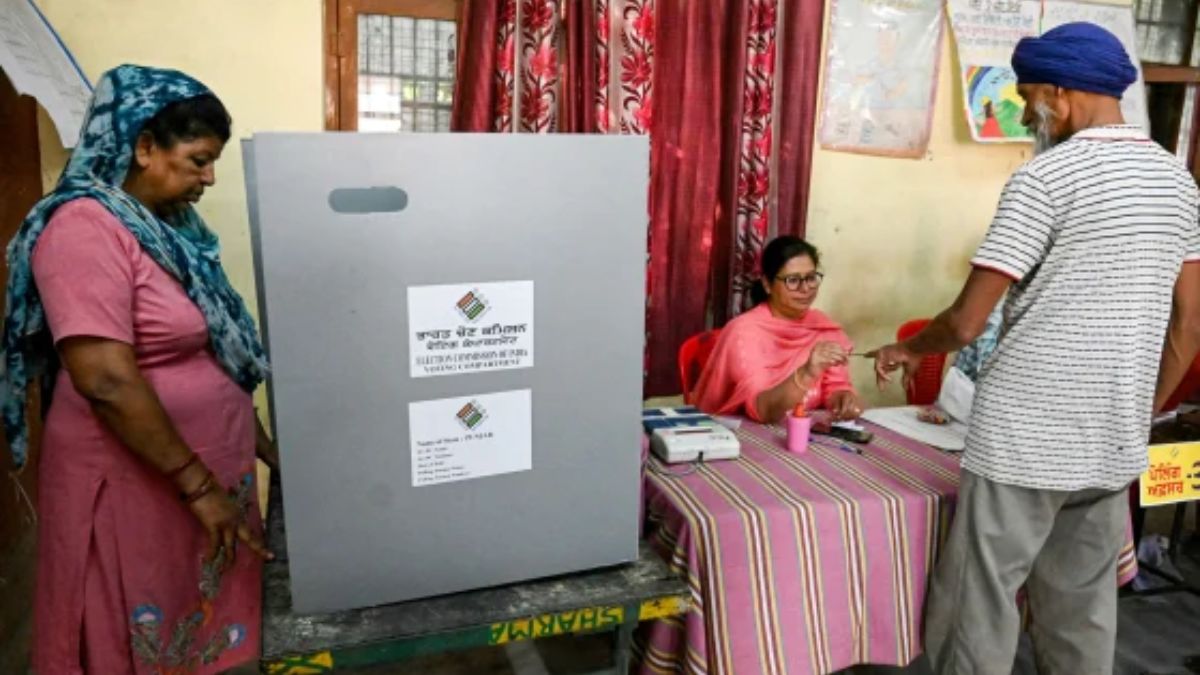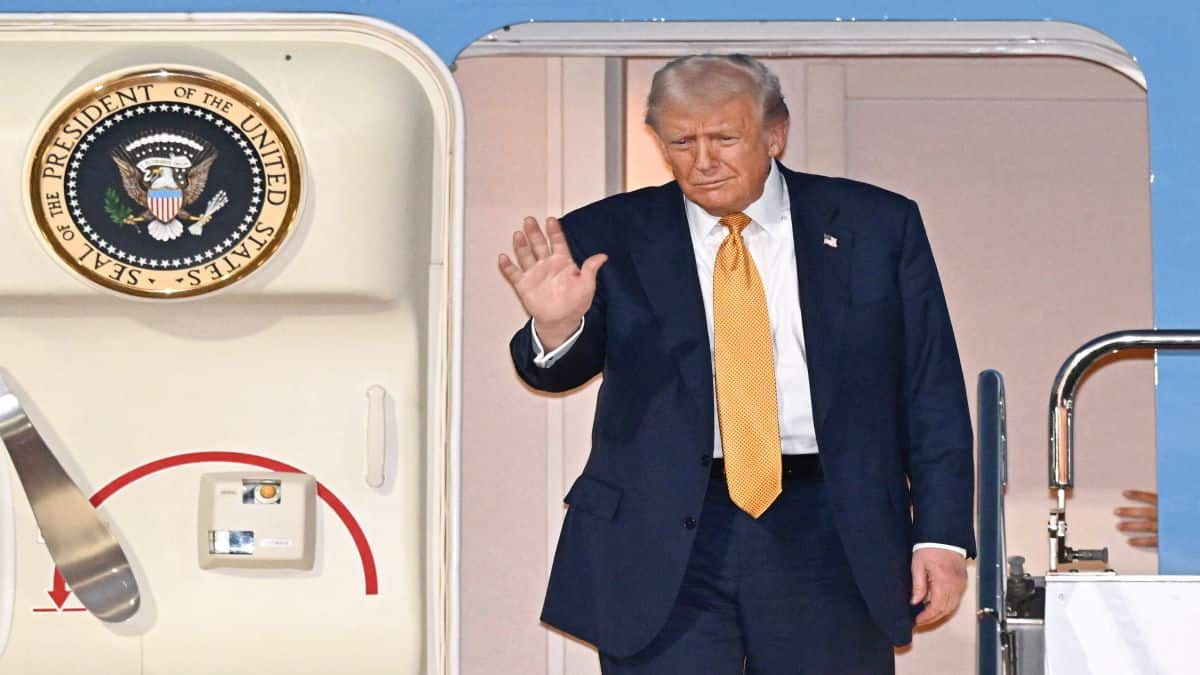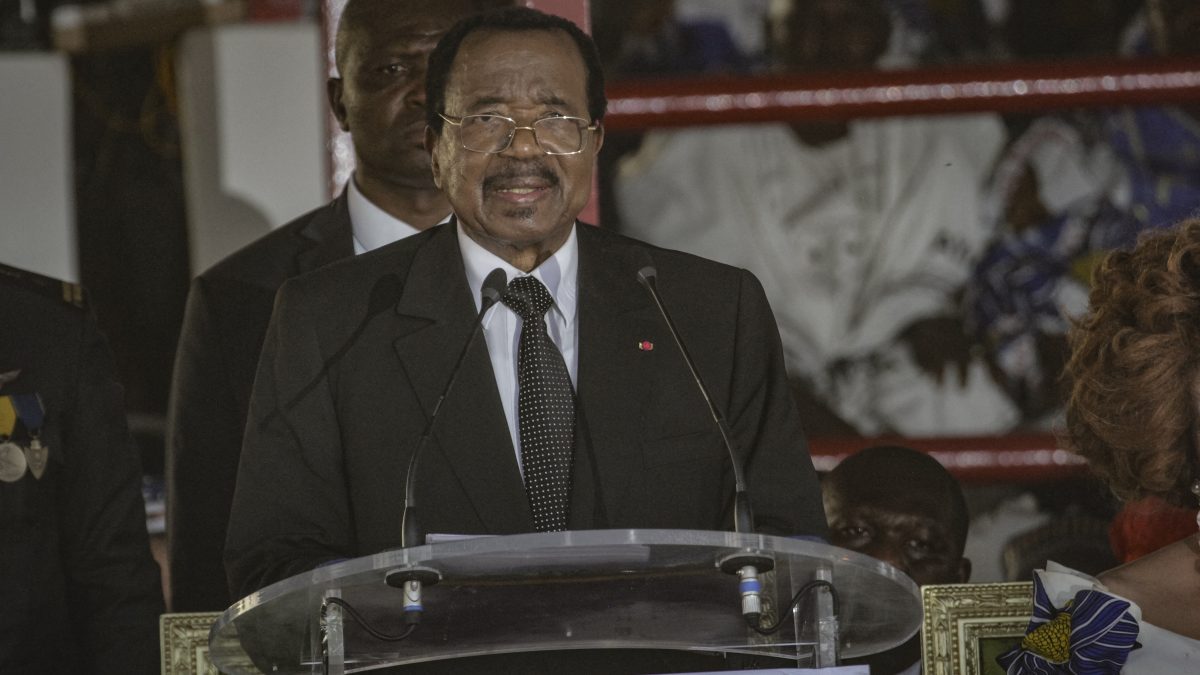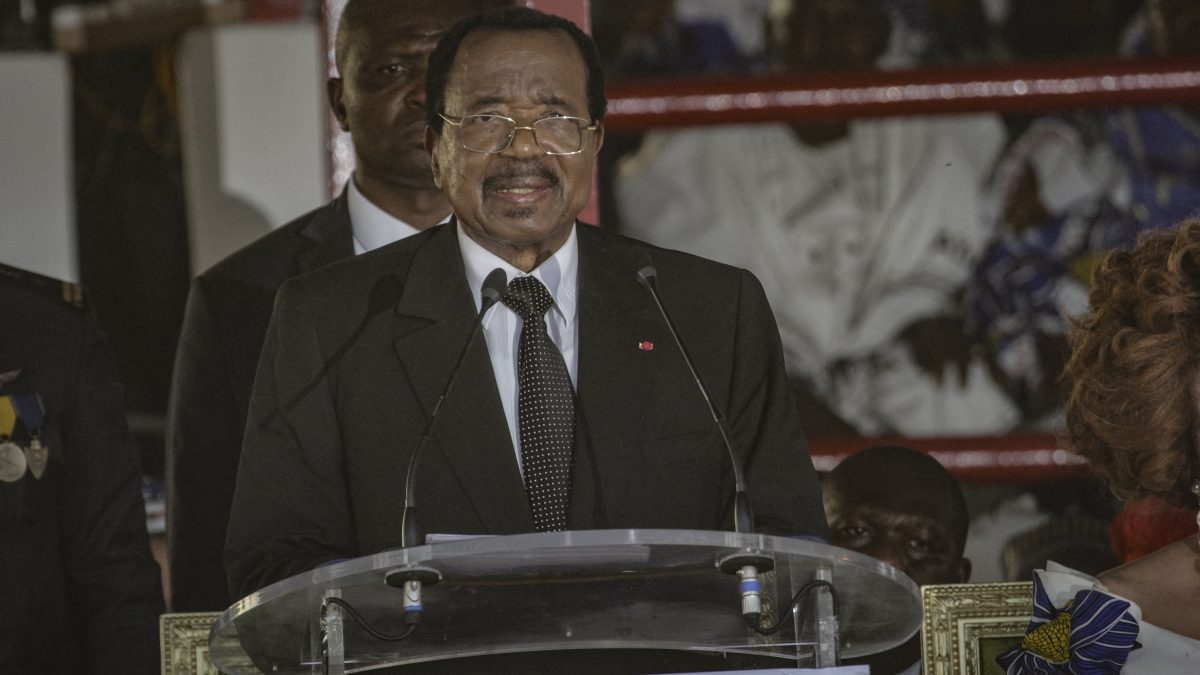The Election Commission of India (ECI) on Monday announced that the Special Intensive Revision (SIR) of electoral rolls will be conducted in a dozen states and Union Territories.
The development comes after the ECI conducted Phase 1 of the SIR in Bihar. The Supreme Court earlier this year had refused to stay the SIR, saying it “cannot stop a constitutional body" from carrying out a democratic process and that the apex court would “not second-guess” the ECI’s decisions.
But where will the SIR be implemented? How will it work?
Let’s take a closer look.
Where will SIR be implemented?
The SIR will be carried out in 12 states and Union Territories starting tomorrow (October 28). Chief Election Commissioner (CEC) Gyanesh Kumar said this will be the second phase of the exercise after Bihar.
This includes Andaman & Nicobar, Chhattisgarh, Gujarat, Goa, Kerala, Lakshadweep, Madhya Pradesh, Puducherry, Rajasthan, Tamil Nadu, Uttar Pradesh, and West Bengal. Among these states, West Bengal, Kerala, Tamil Nadu, and Puducherry are all set to go to the polls in 2026.
However, Assam, which is also going to the polls next year, will not undergo SIR. This is because of the ongoing National Register of Citizens. Kumar said that the rules for Assam “differ from the rest of the country”.
Maharashtra, where local body polls are slated to be held by January 31, 2026, Himachal Pradesh, Uttarakhand, Sikkim, Ladakh, Jammu and Kashmir will not undergo SIR.
How will it work?
The SIR is a rigorous exercise that requires all registered voters to certify their details. The idea is to remove duplicate, dead, migrated, and illegal voters from the rolls.
The ECI is tasked with preparing the electoral rolls under the Representation of the People Act, 1950 (RP Act). Section 16 of the Act disqualifies non-citizens from being on the rolls. Section 19 mandates that the person be not less than 18 years of age on the qualifying date and is a resident of the constituency.
Each polling station, which has a Booth Level Officer (BLO), has around 1,000 voters. BLOs will go to the homes of voters and distribute enumeration forms – which the voters will then have to submit along with the relevant documents.
Every Assembly has several polling stations with one Electoral Registration Officer (ERO) each. The ERO, a Sub-Divisional Magistrate (SDM) level officer, then prepares the Draft Electoral Rolls, accepts claims and objections and decides on their validity before publishing the Final Electoral Rolls.
Each Tehsil also has Assistant Electoral Registration Officers (AEROs). The ERO’s decision can be appealed to the District Magistrate – which in turn can be appealed to the Chief Election Officer of the state or Union Territory.
CEC Kumar, during the press conference, outlined how the SIR would be implemented. He said the training of poll officials for the next phase of the SIR would begin tomorrow.
The printing and training phase would occur from October 28 to November 3. Then, officials would be sent home-to-home to verify documents from November 4 to December 4. The Draft Electoral Rolls would be published on December 9, 2025. This will be followed by a claims and objection period till January 8, 2026. The notice period for hearing and verification would run concurrently – from December 9, 2025, to January 31, 2026. Kumar said the final electoral roll will be released on February 7, 2026.
Kumar said voter rolls in the states where SIR is being held will be frozen at midnight. “Later, voters will be given unique enumeration forms with all details,” Kumar added.
Each poll officer will visit every home three times in order to ensure no bogus voters are included on the rolls, Kumar assured. “The SIR will ensure no eligible elector is left out and no ineligible elector is included in poll rolls,” he added.
Kumar said that the enumeration form – a document used to compile data on voters for a revision of the electoral rolls – would be filled with available details. He noted that the SIR had been carried out on eight occasions since Independence – the last of which occurred two decades ago, from 2001 to 2004.
Officials will have to compare voters against the rolls from the previous SIR. Those whose names appear in previous older rolls may not have to submit a slew of documents to verify their details. He added that myriad changes in electoral rolls have occurred over the years because of people moving states, registering in multiple places, dead voters remaining on the rolls, and foreigners wrongly being included.
Kumar reiterated that the Aadhaar card is not proof of citizenship. However, he added that it can be used as an identity proof during the SIR exercise.
Times of India quoted sources as saying that the state Chief Electoral Officers, after the exercise in Bihar, are now better prepared. They said the poll body feels confident about preparing a cleaner and more error-free electoral roll.
Sources said all state/UT rolls are digitised and mapped with the roll from the previous SIR, with between 50 and 70 per cent electors already linked to it.
Controversy in Bihar
The SIR concluded in Bihar with the final list of nearly 7.42 crore electors published on September 30.
Kumar said the voter rolls need to be revised prior to each election or as per requirements. He said no appeals were made against the SIR in Bihar. “7.5 crore people participated in the SIR in Bihar… all stakeholders worked to refine the voter list and zero appeals have been made against Phase 1,” Kumar was quoted as saying.
However, there was controversy after it emerged that 42 lakh voters were deleted from the rolls. Opposition parties like the DMK and India bloc – who previously protested against the Bihar SIR in Parliament – have slammed the SIR as a “conspiracy” and a “vote theft scheme”.
DMK chief MK Stalin had claimed the BJP was ‘plotting to remove names from voter list’ ahead of state polls in Bihar. “It (SIR) deprived nearly 65 lakh voters in poll-bound Bihar of their voting rights,” he claimed.
Stalin, in a letter to the DMK cadre, claimed the BJP was “attempting to use EC as its puppet to replicate the same in Tamil Nadu”.
“BJP and its ally AIADMK believe that if the names of voters from the working class, minorities, Scheduled Castes, women and the poor are deleted through SIR, they can secure victory without facing the people. But this calculation will fail in Tamil Nadu,” Stalin wrote.
Others have argued that the poor and marginalised, who do not have access to birth certificates and other documents, are being disenfranchised as a result of the SIR.
The Election Commission has already held two conferences with state Chief Electoral Officers (CEOs) to firm up the SIR rollout roadmap. Several CEOs have already put the voter lists after their last SIR on their websites.
Polling in Bihar will be held in two phases, on November 6 and November 11, and votes will be counted on November 14. The previous such SIR in Bihar was conducted in 2003.
With inputs from agencies


)

)
)
)
)
)
)
)
)



